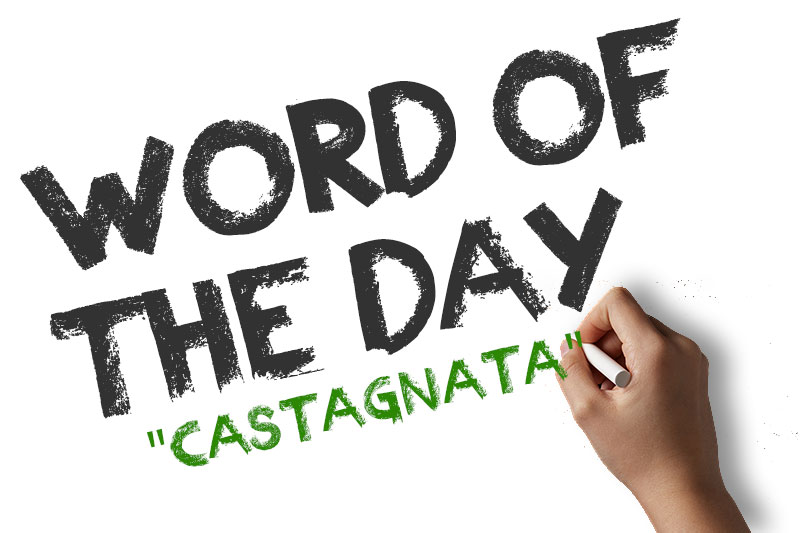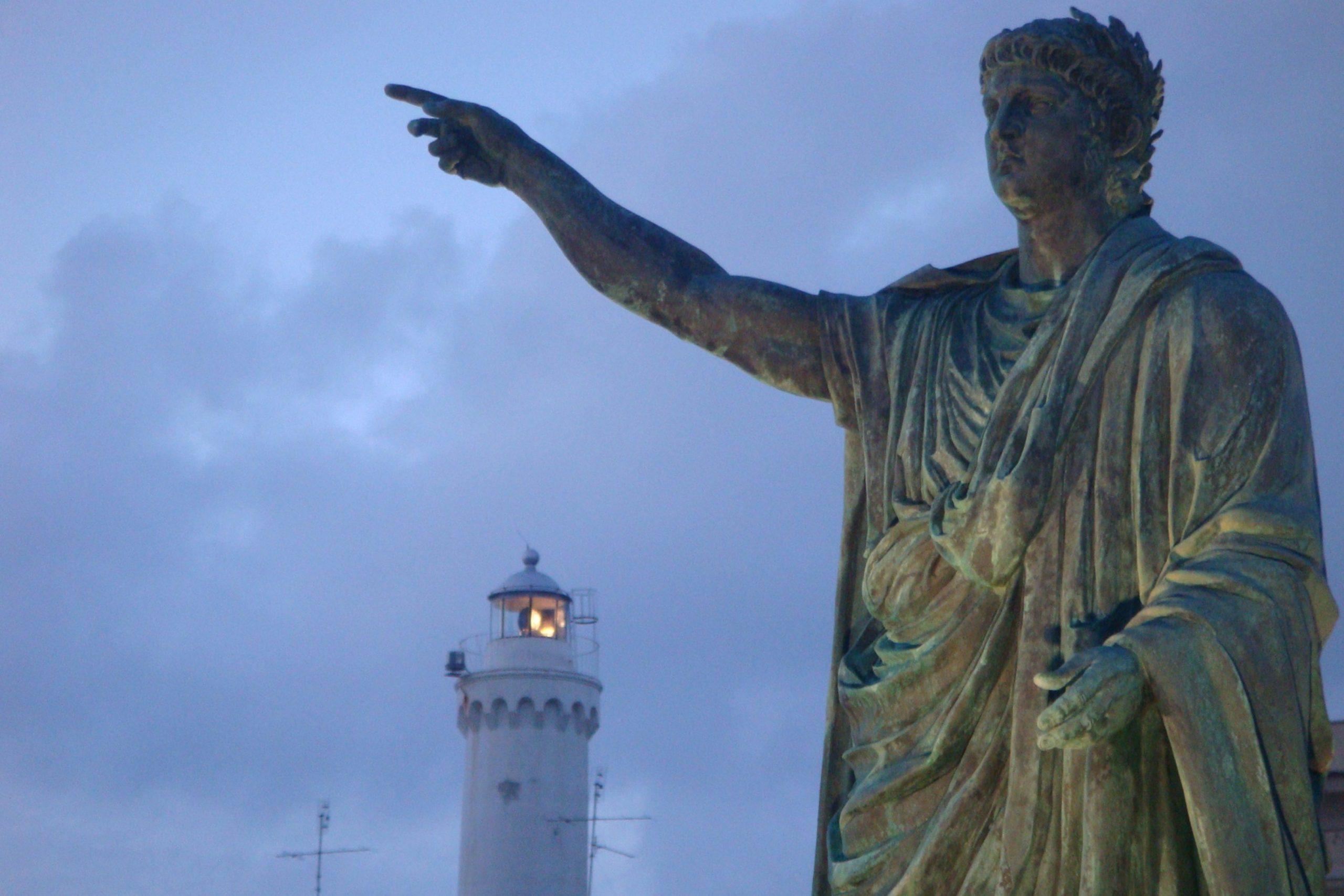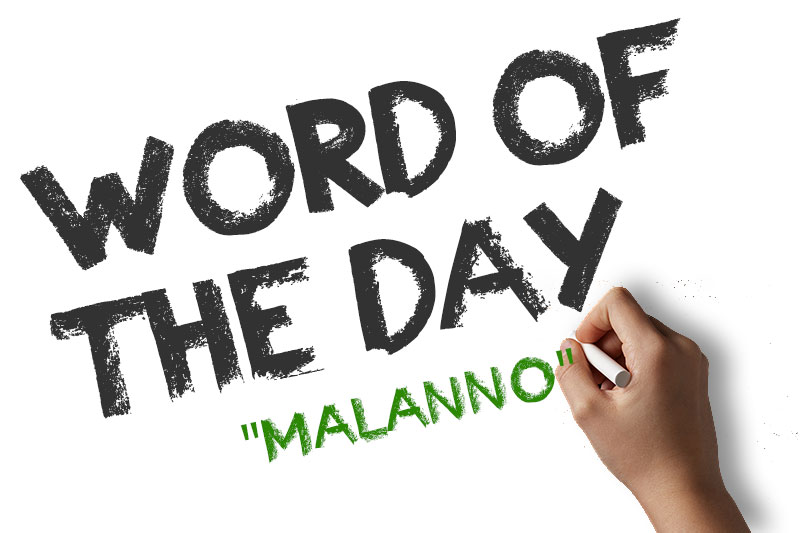Staff
Waking up to a frosty wonderland is quite usual in October, especially if you are an early bird. It may not be snow’s soft, glistening blanket — we must wait some more weeks for that — but you may find …
If we think of a recreational activity that speaks of the fall, most of us are likely to mention apple picking. A world of colorful foliage and cerulean skies, crisp air, and Saturday afternoons spent picking the juiciest fruits while …
Today’s word may be a tad confusing to some, because it has more meanings and all of them are very common — well, besides one, which is probably a favorite only among Dante’s aficionados. Fiera (fee-ai-rah) is mostly used in …
Nero, a madman! Popular belief — and many a “sword-and-sandal” classics — convinced us all the red-haired son of Agrippina the Younger and last Emperor of the Julio-Claudian dynasty was far from sane, but is this the historical truth? Born …
Look, if you really want to insult an Italian man, look no further than the word cornuto. While it sounds pretty innocuous in English, where it means “horned,” it is the ultimate swear word to throw at your male enemies …
Today’s word is tosto (toh-stoh), which comes from the Latin tostus, the past participle of the verb torrere, or “to dry out,” “to toast.” We started using tosto sometimes in the 13th century, but not with the meaning we, today, …
Filled pasta is a tradition in Italy, but how many varieties do we have? Tortellini, cappelletti, ravioli. Tortelli, tortelloni and agnolotti… Every region seems to use different names and has different varieties, so let’s make some order in this inextricable …
Seeing the words “Michelangelo” and “forgery” in the same sentence isn’t perhaps that surprising: in 500 years, there have definitely been people who tried to imitate the masterful hand of Italy’s most celebrated artist. Picturing Michelangelo as a forger, however, …
Finally, most of us are vaccinated, and old-fashioned colds are no longer as fearful as they’ve been for the past two years. Yes, fall and winter malanni are back. Today’s word is malanno (mah-lahn-noh, plural mah-lahn-nee), and we translate it …
To be fair, this habit doesn’t belong to Italians only, but it’s so popular we may well see where it comes from! Kissing under the mistletoe, or baciarsi sotto al vischio, is a must of the festive season in every …










